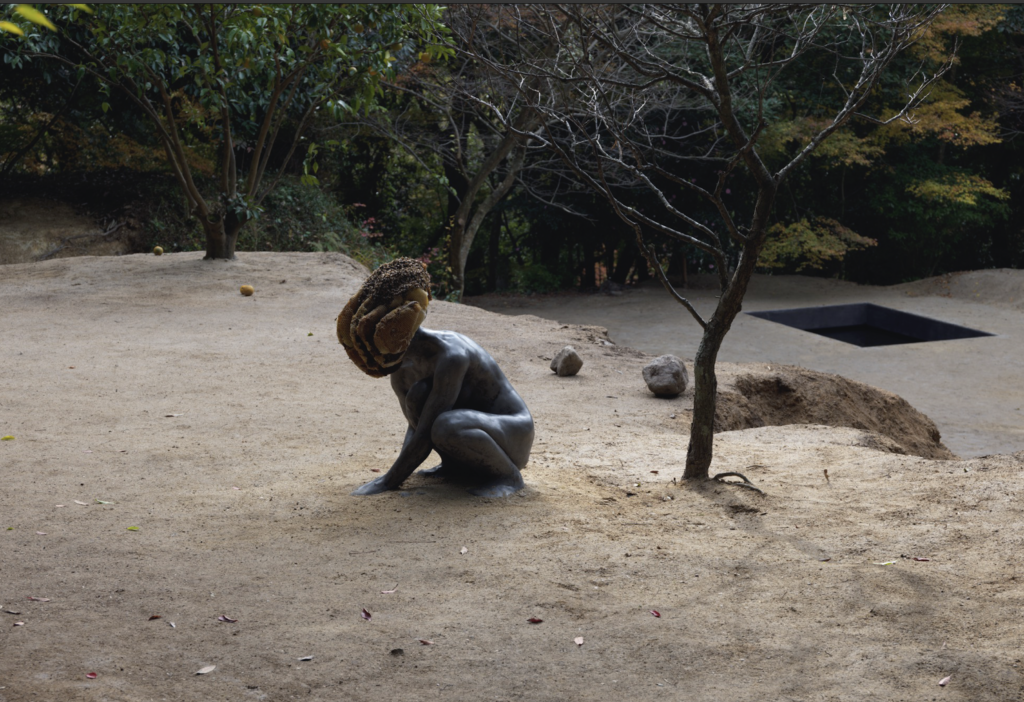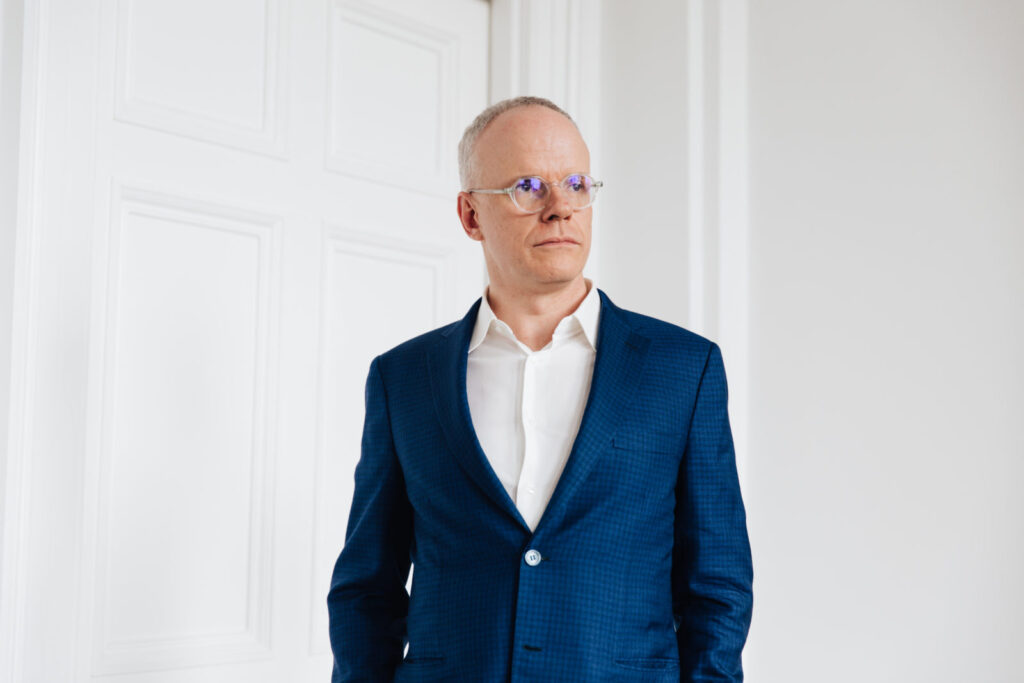


Share

Operational Programme I – European Structural and Investment Funds 2014-2020 “Fostering a competitive and sustainable economy to meet our challenges”. Project may be part-financed by the European Regional Development Fund Co-financing rate: 80% European Union Funds; 20% National Funds.


Operational Programme I – European Structural and Investment Funds 2014-2020 “Fostering a competitive and sustainable economy to meet our challenges”. Project may be part-financed by the European Regional Development Fund Co-financing rate: 80% European Union Funds; 20% National Funds.

© Malta International Contemporary Art Space 2023
© Malta International Contemporary Art Space 2023
© Malta International Contemporary Art Space 2024





Operational Programme I – European Structural and Investment Funds 2014-2020 “Fostering a competitive and sustainable economy to meet our challenges”. Project may be part-financed by the European Regional Development Fund Co-financing rate: 80% European Union Funds; 20% National Funds.


Operational Programme I – European Structural and Investment Funds 2014-2020 “Fostering a competitive and sustainable economy to meet our challenges”. Project may be part-financed by the European Regional Development Fund Co-financing rate: 80% European Union Funds; 20% National Funds.

© Malta International Contemporary Art Space 2023